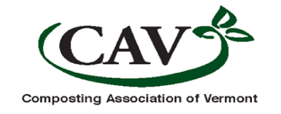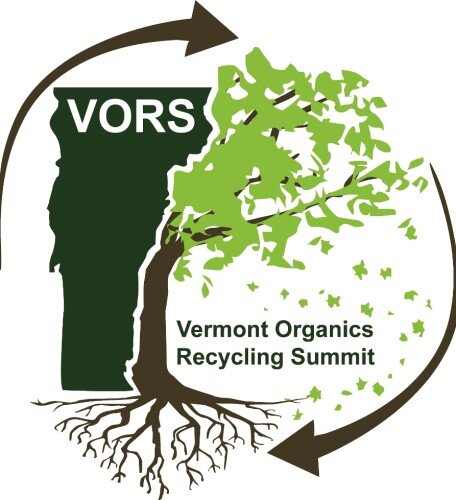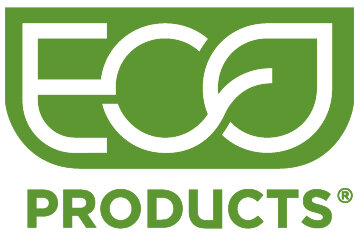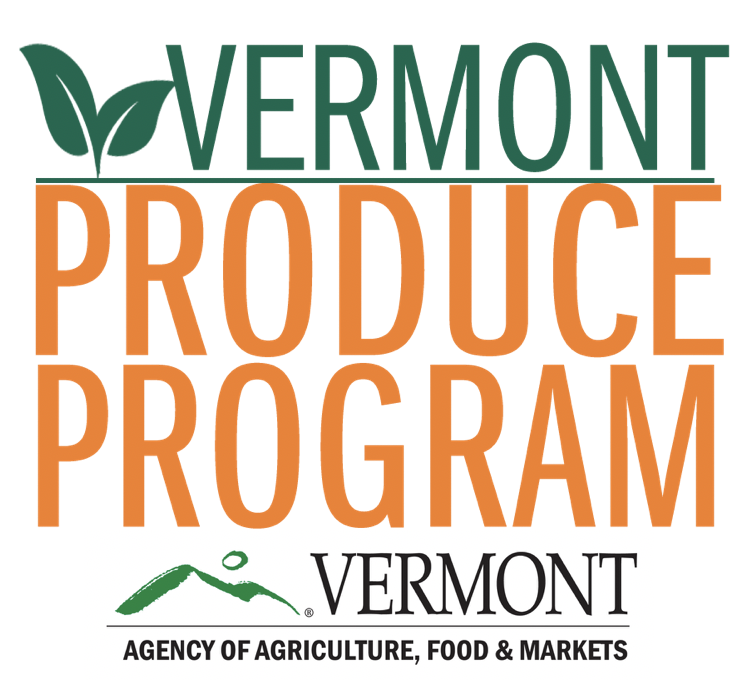16th Annual Vermont Organics Recycling Summit (VORS)
2022 Theme: Recipe for Regeneration: Compost
May 2-6, 2022 (as part of International Compost Awareness Week)
Wednesday May 4th
10:00-11:30 AM Changing the Culture of Organics Management Through Effective Source Separation
Achieving clean organics streams is challenging, especially when a ban pushes us to engage whole communities in separation. Getting individuals, businesses, and institutions to do a good job separating organics from non-compostable materials can be daunting. Often the collective narrative reflects the idea that effective source separation is impossible because people 'just won't learn' or 'just don't care.' And yet, there are great examples of successful, community-wide, long-term programs that achieve exceptionally high rates of separation. The key: recognize source separation as a change in behavior and support it as such. When source separation of organics is framed as simply following guidelines, without helping people understand the “why” behind it, we fail to acknowledge human psychology, how decision-making works in the brain, and the various cultural myths we need to resolve in order to successfully engage participants. However, haulers and composters who prioritize the human side of outreach and education, and build these into their programs as iterative processes, have achieved success! In this session we heard experiences from two panelists, who believe in and are committed to clean streams of organics for producing quality compost, protecting soil and ecological health, and stopping climate change.
Panelists:
00:00 Introduction by Natasha Duarte
03:37 Dan Israel, Compost Crew (download a pdf of Dan’s slides)
28:25 Tom Gilbert, Black Dirt Farm (download a pdf of Tom’s slides)
01:04:31 Q&A and discussion
1:00-2:30 PM Beyond Awareness: Sparking Behavior Change with Behavioral Science
Public and private organizations are often tasked with implementing programs and outreach campaigns to promote environmentally responsible behaviors. These programs are typically developed to address an identified problem or meet an adopted policy or mandate. Without exception, the success of these programs hinges on community participation. Achieving change in a designated outcome (e.g., organics diversion) requires behavior change on the part of individuals. Typically, outreach campaigns aim to promote behavior change by raising awareness and educating the community about the program and the problem it addresses. Although these information-based campaigns can positively increase knowledge attitudes about a specific behavior or problem, they are largely ineffective at creating lasting changes in behavior. In recent years, community-based social marketing (CBSM) has emerged as an effective approach for developing, implementing, and revitalizing environmental programs. Unlike traditional information-based campaigns, CBSM is an evidence-based process that leverages established psychological principles to remove barriers, increase motivation, and ultimately change behavior. The presentation provided an overview of the steps of community-based social marketing along with illustrative case studies demonstrating its efficacy in fostering behavior change.
3:00-4:30 PM: Financing Your Compost Business - Alternatives and Best Practices
From grants to crowdfunding to self-financing, there are a variety of methods – and hurdles to clear – when starting and growing your compost business. This session introduced USCC’s recently released study of financing methods and case studies to learn about ways you may not have considered for your business.
Special thanks to:
Thanks to our sponsors!!
Learn what the Produce Safety Rule means for your business.
















